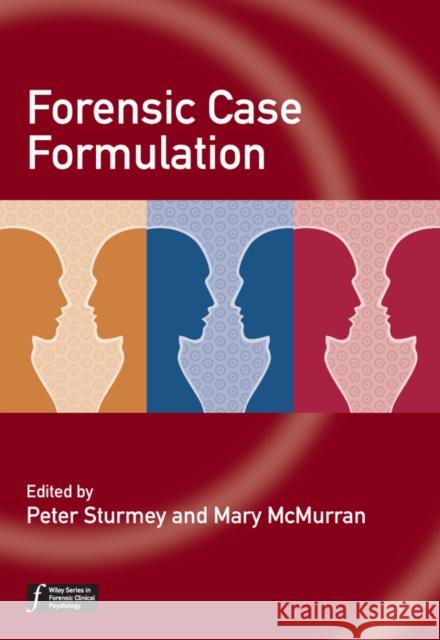Forensic Case Formulation » książka
topmenu
Forensic Case Formulation
ISBN-13: 9780470683941 / Angielski / Miękka / 2011 / 336 str.
Forensic Case Formulation is the first text that describes the principles and application of case formulation specifically to forensic clinical practice.
- Addresses risk assessment and its implications for case formulation and treatment
- Covers a range of serious forensic problems such as violence, sexual offending, personality disorder, and substance misuse
- Offers guidance in training clinicians on ways to create useful formulations











